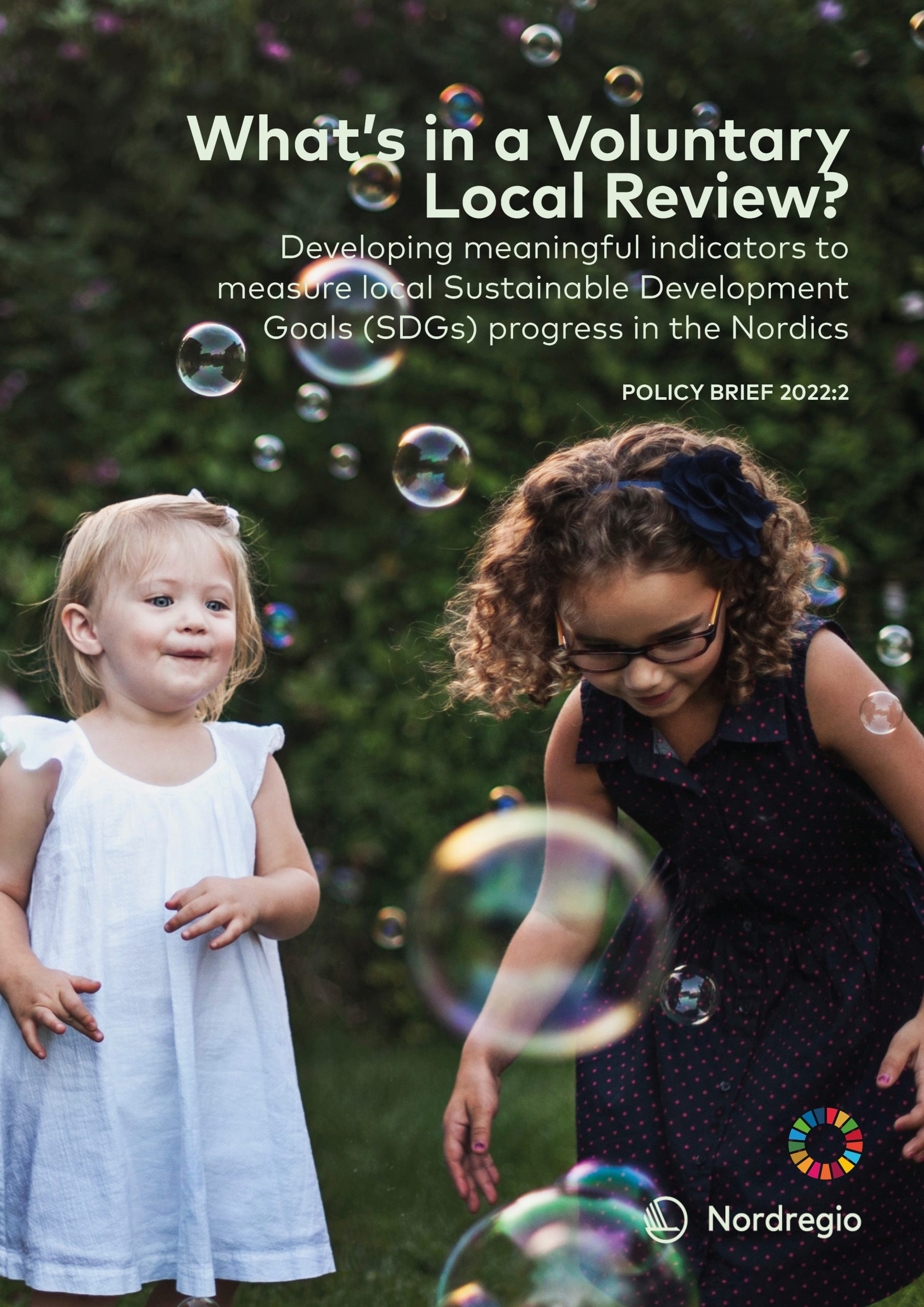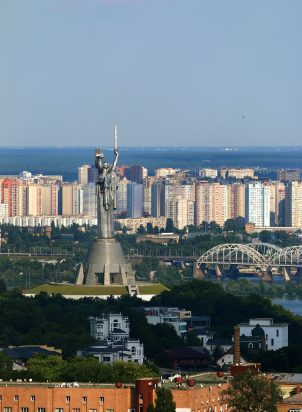Developing meaningful indicators to measure local Sustainable Development Goals (SDGs) progress in the Nordics
This policy brief is based on the second of three webinars on Localising Agenda 2030 in the Nordics. It aims to highlight the shared experiences between Nordic municipalities and inspire local and national decision-makers to invest in and build capacity for measuring and reporting on SDG localisation.
Establishing meaningful indicators that correspond with local sustainability strategies towards 2030 requires considerable technical and operational resources on the part of Nordic municipalities. Therefore, implementing SDGs at the local level, in addition to determining how to report on SDG progress, remains a challenge.
Nevertheless, several places across the Nordic Region have come a long way since localising efforts began after Agenda 2030 was launched by the UN in 2015. In recent years, there has been momentum around Voluntary Local Reviews (see Box 1). These reports have proven valuable as a holistic process and documentation to track SDG progress and governance.
During the webinar session, the cities of Espoo, Finland, and Helsingborg, Sweden, offered their best practices on developing and applying local indicator sets and shared how they went about conducting their respective VLRs.
Panel experts from the Norwegian Association of Local and Regional Authorities (KS) and the Icelandic Association of Local Authorities (Samband) also joined the discussion. The challenges of developing comprehensive methodologies suited to the local context, working across departments, and coordinating with fellow Nordic municipalities to report on common targets were among the topics addressed during the session.









